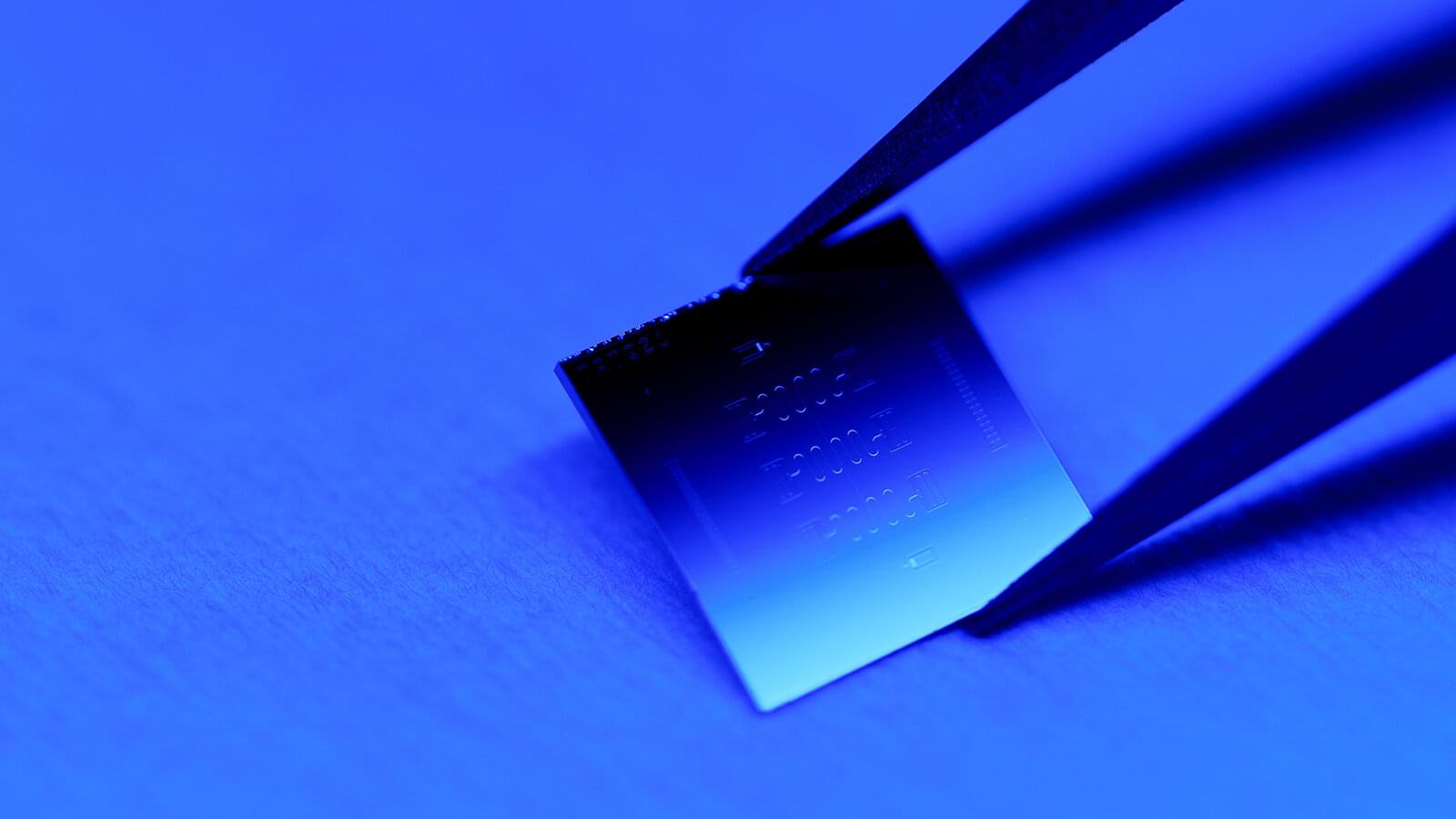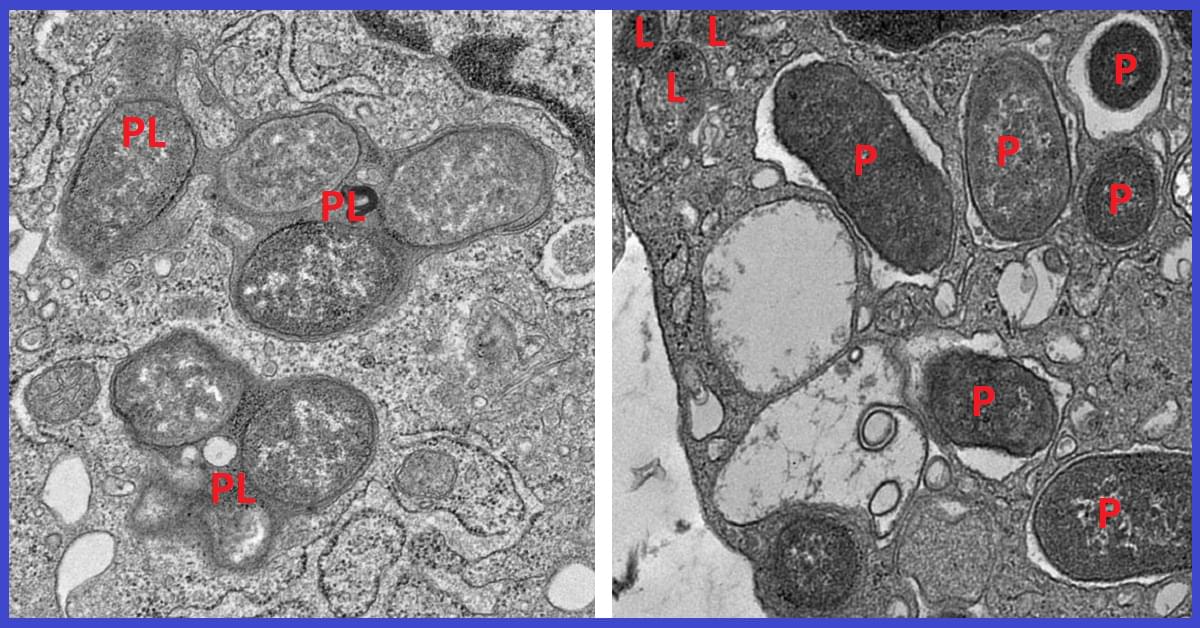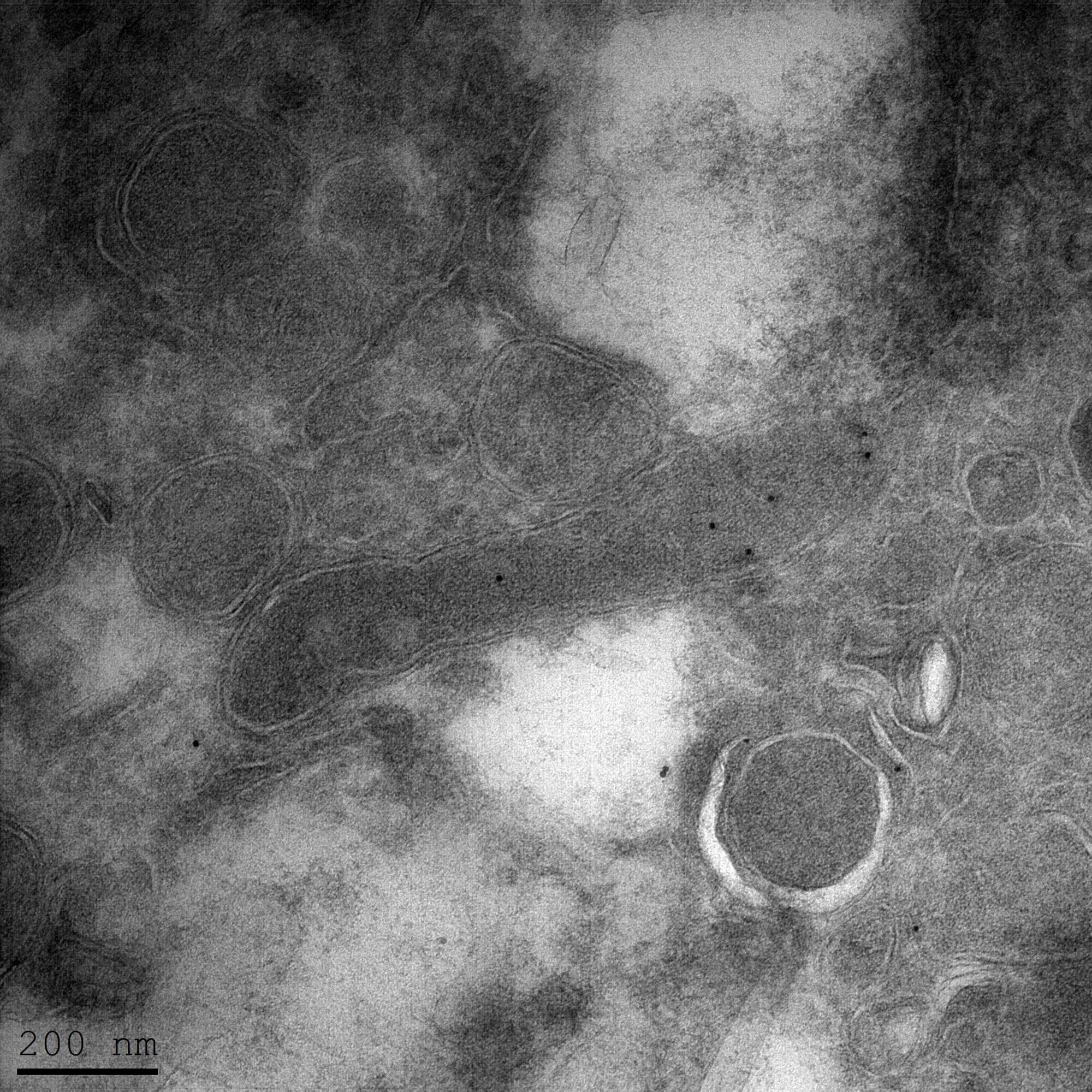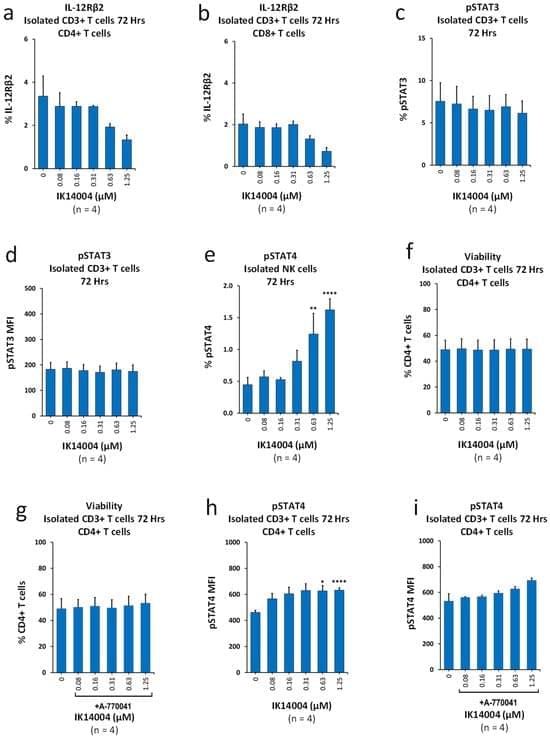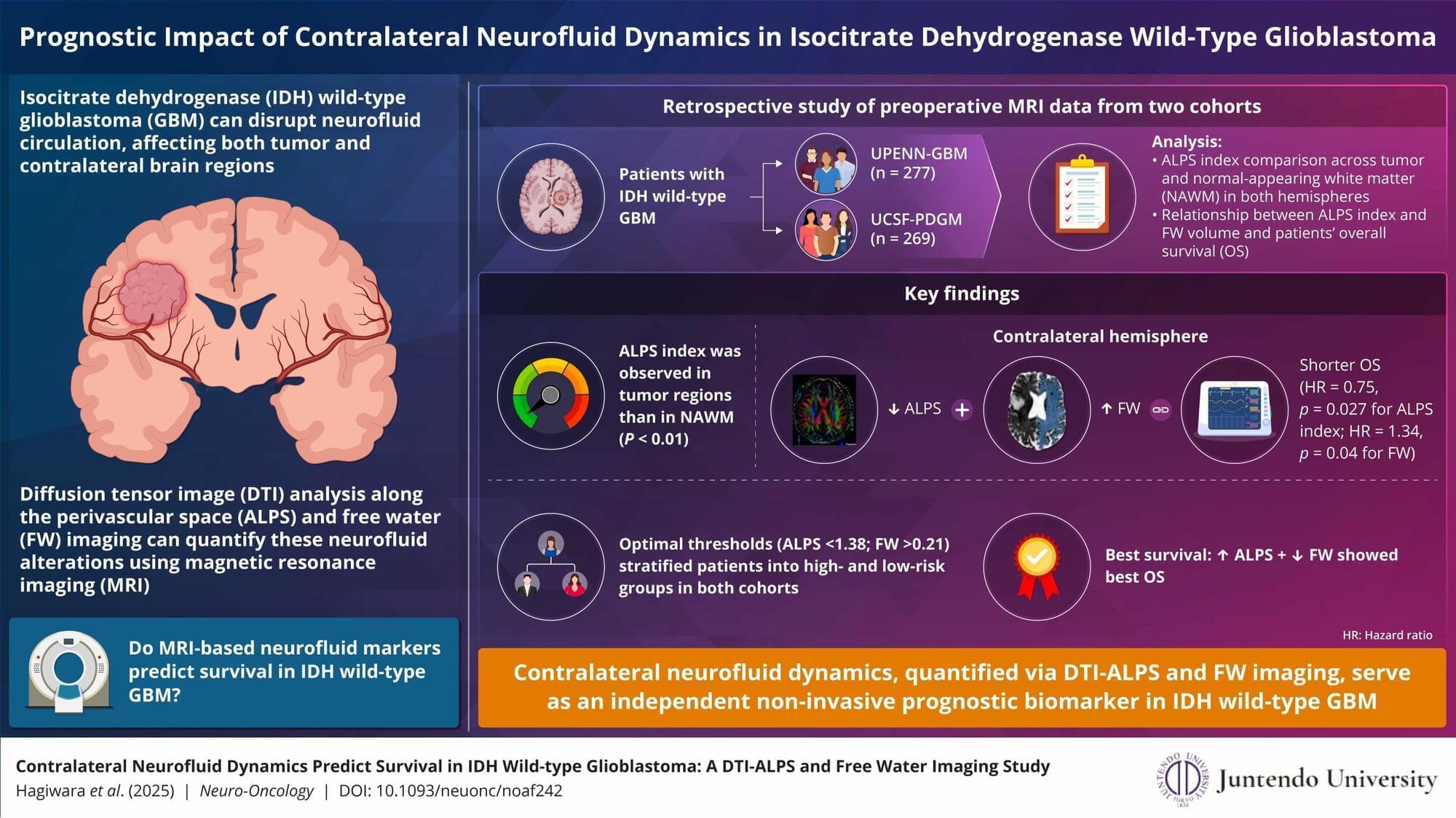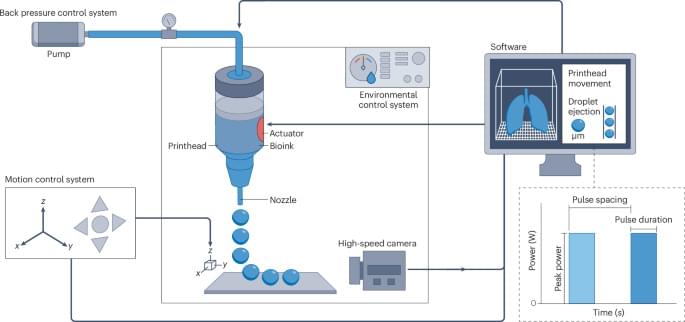In a major step toward practical quantum computers, Princeton engineers have built a superconducting qubit that lasts three times longer than today’s best versions.
“The real challenge, the thing that stops us from having useful quantum computers today, is that you build a qubit and the information just doesn’t last very long,” said Andrew Houck, Princeton’s dean of engineering and co-principal investigator. “This is the next big jump forward.”
In an article in the journal Nature, the Princeton team report that their new qubit lasts for over 1 millisecond. This is three times longer than the best ever reported in a lab setting, and nearly 15 times longer than the industry standard for large-scale processors.
